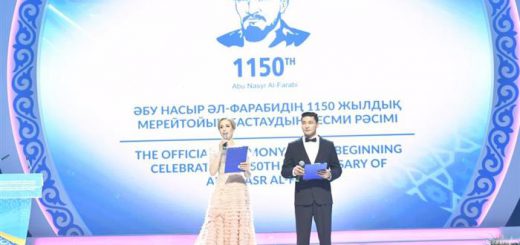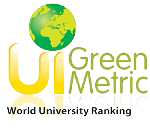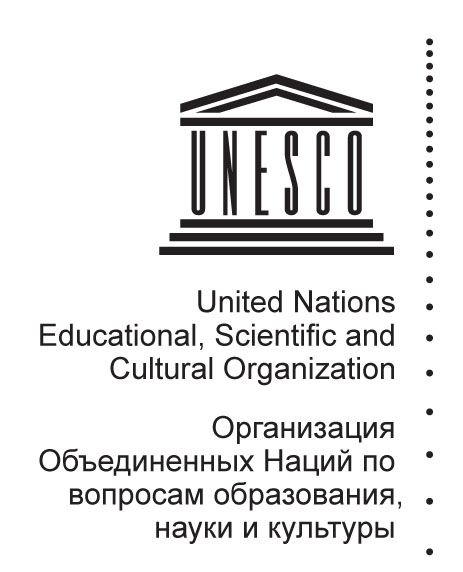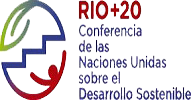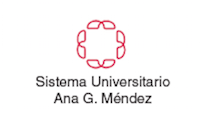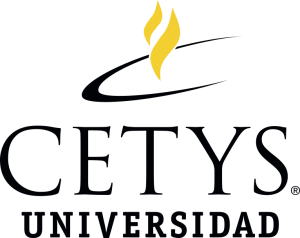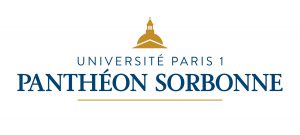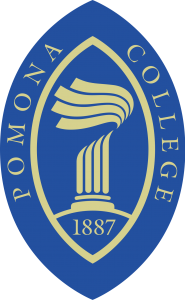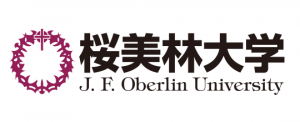The conference was thematically organized around three subject areas: livability, connectivity and mobility in the smart cities. The conference has brought together the world’s leading expert and practitioners from the UNESCO and UN agencies, scholars from the World’s top universities and the government officials from developed and developing countries. They discussed the global trends in urbanization and the growth of Global urban hubs and new approaches in dealing with the challenges of the new urban economies. The debates also focused on the needs for utilizing the newest Information and Communication Technologies (ICTs) and Artificial Intelligence (AI) not only in improving the management of cities, but also challenges of effective knowledge-building and knowledge-sharing and governing of the rapidly growing urban centers, the issue of reconfiguring transportation, housing and other infrastructures. In addition, they deliberated on the growing use of nonrenewable national resources, rising pollution, new approach to economic development at the community level, innovations and job creation in smart cities, especially for youth.
The UNESCO Netexplo 2019 Forum demonstrated 10 breakthrough digital innovations with the potential for a deep and long-term impact on the development of a digital society. The notable speakers included the Director-General of UNESCO in France, Audre Azoule;Deputy Mayor for Climate and Water, Celia Blauel; President and Co-Founder of the Netexplo Observatory Thierry Happe; Harvard Graduate School of Design Antoine Picon; and Partner, Head of Netexplo Research, Sandrine Katelat.
Innovation has been noticed all over the world thanks to the one-year work of the Netexplo University Network, consisting of world-renowned technology universities such as Harvard Graduate School of Design, Peking University, Shanghai Jao Tong University, Ryerson University and the London School of Economics and Political Science. The Netexplo Forum 2019 will also include the first part of the Netexplo Smart Cities Accelerator program, designed to provide smart city leaders with a timely observation of the initiatives and challenges of smart cities around the world, analysis and perspective views of international experts.
The delegation of the KazNU presented two major projects at the Global Summit – “Green Campus – Through Generations” and “Smart Sustainable Cities on the Great Silk Road.”
The forum highlighted some of the most promising global innovators in the field of digital technologies who invent new forms of education, communication, information, solidarity and management around the world. Their innovations influence how the public and private sectors reflect development, dialogue and diversity, and they influence the development of new strategies and programs.
Professor Rafis Abazov, the Director of Ban Ki-moon Institute for Sustainable Development highlighted that “The forum is an effective platform for Kazakhstan to learn about the best practice and best international experience in developing smart sustainable cities, as Kazakhstan has adopted a pilot project for the development of five smart cities in Kazakhstan. We also hope to contribute to the international discourses on the SDGs attracting attention to KazNU’s “Smart Sustainable Cities on the Great Silk Road” research book project.



